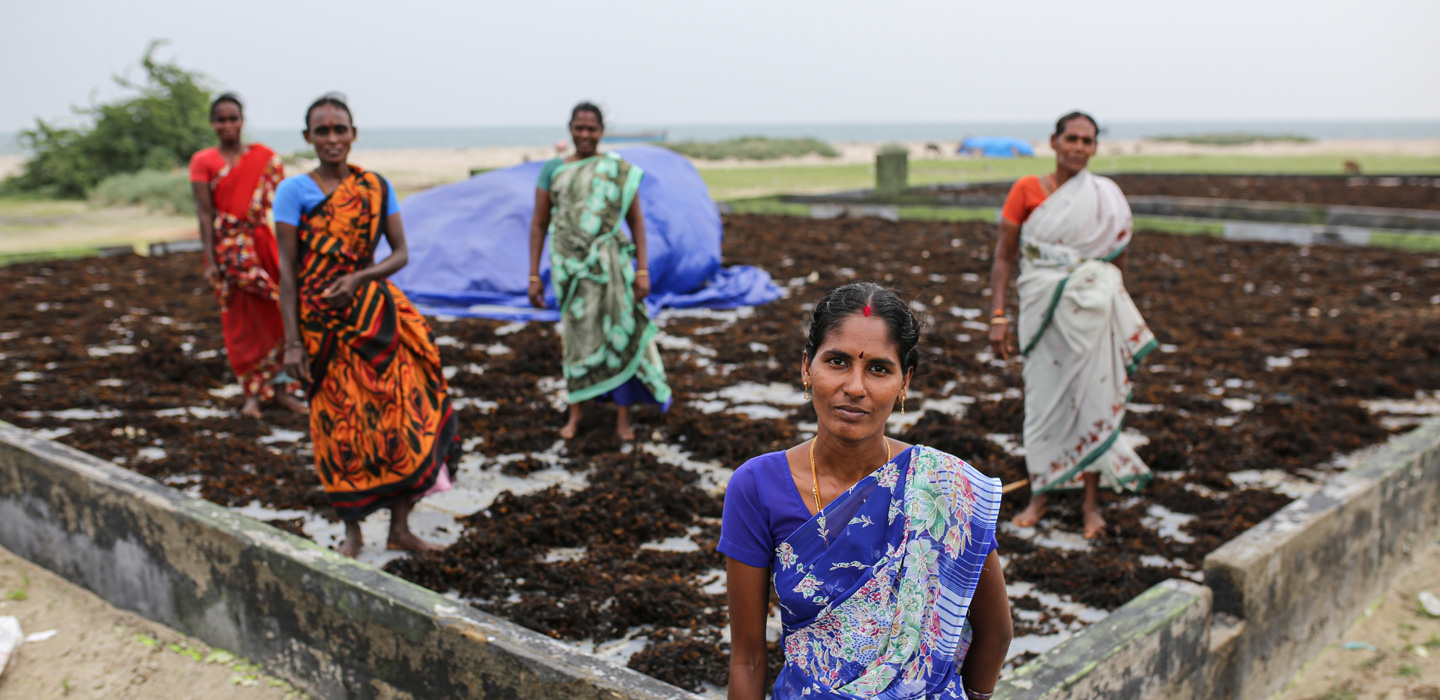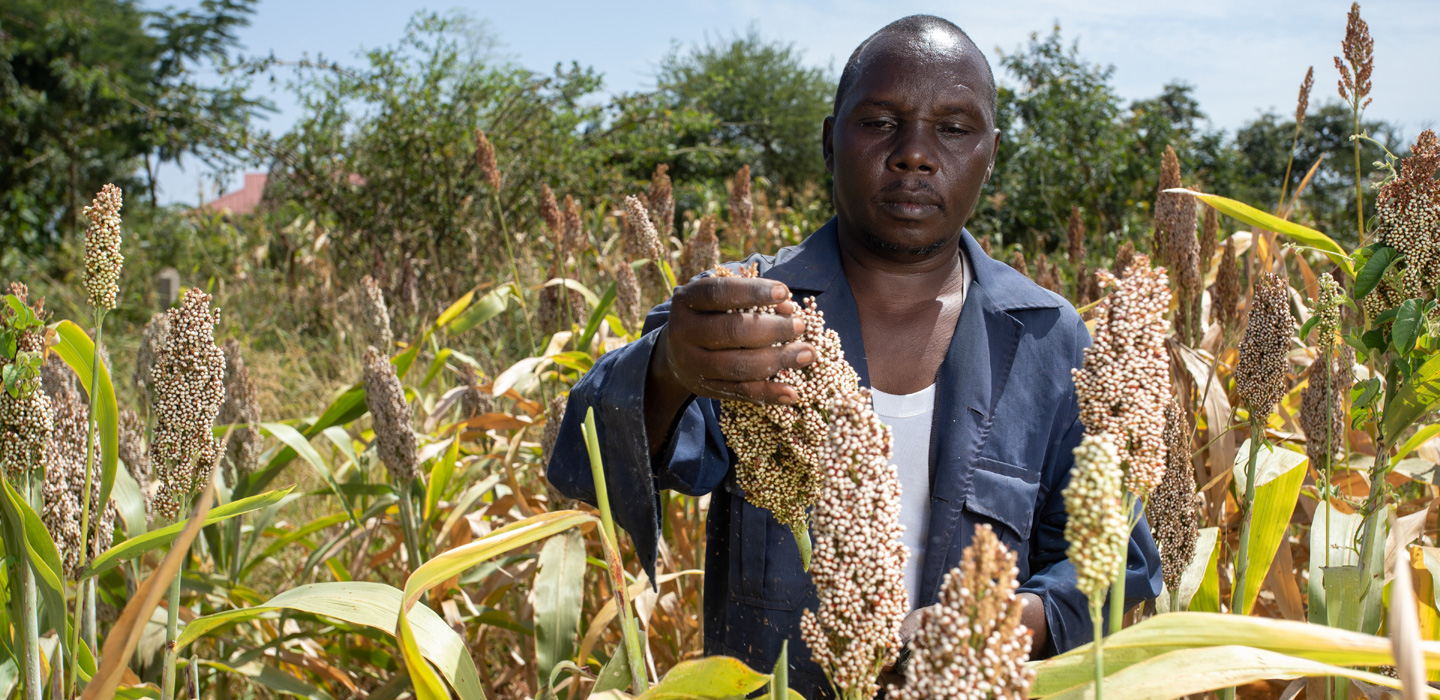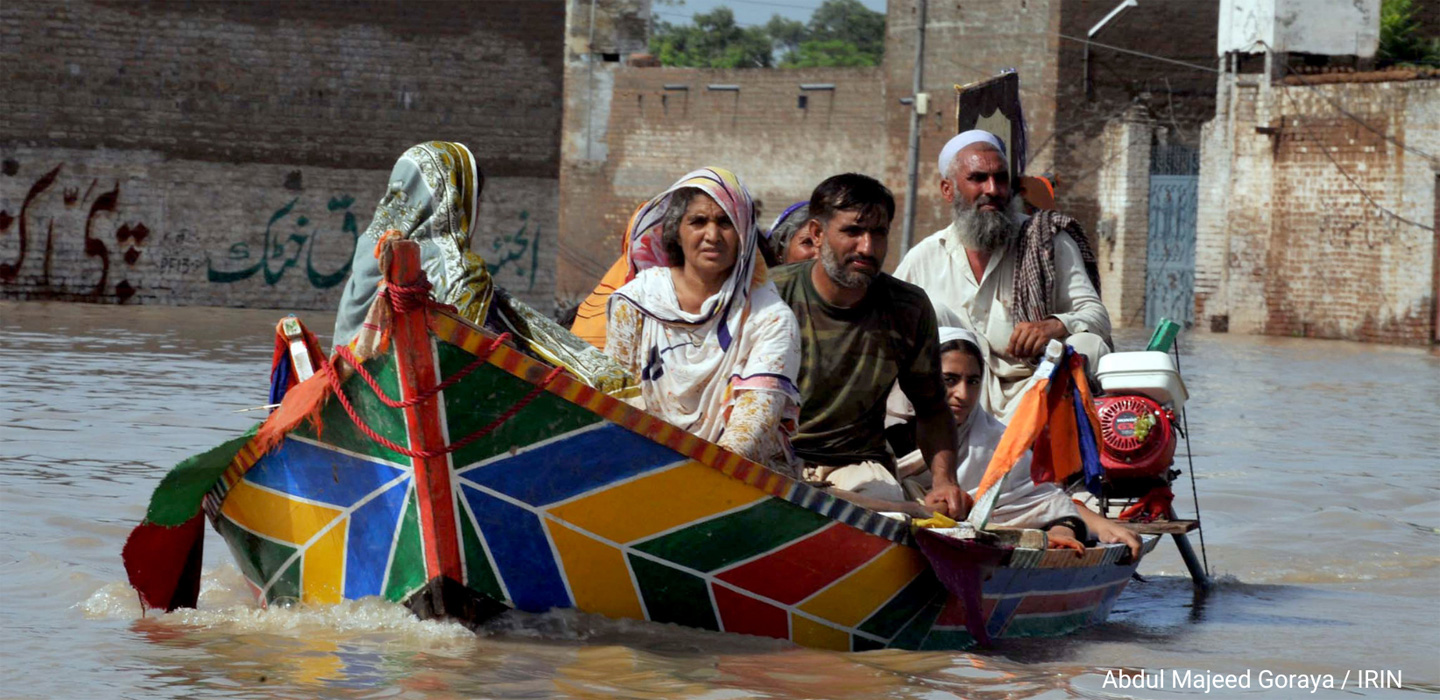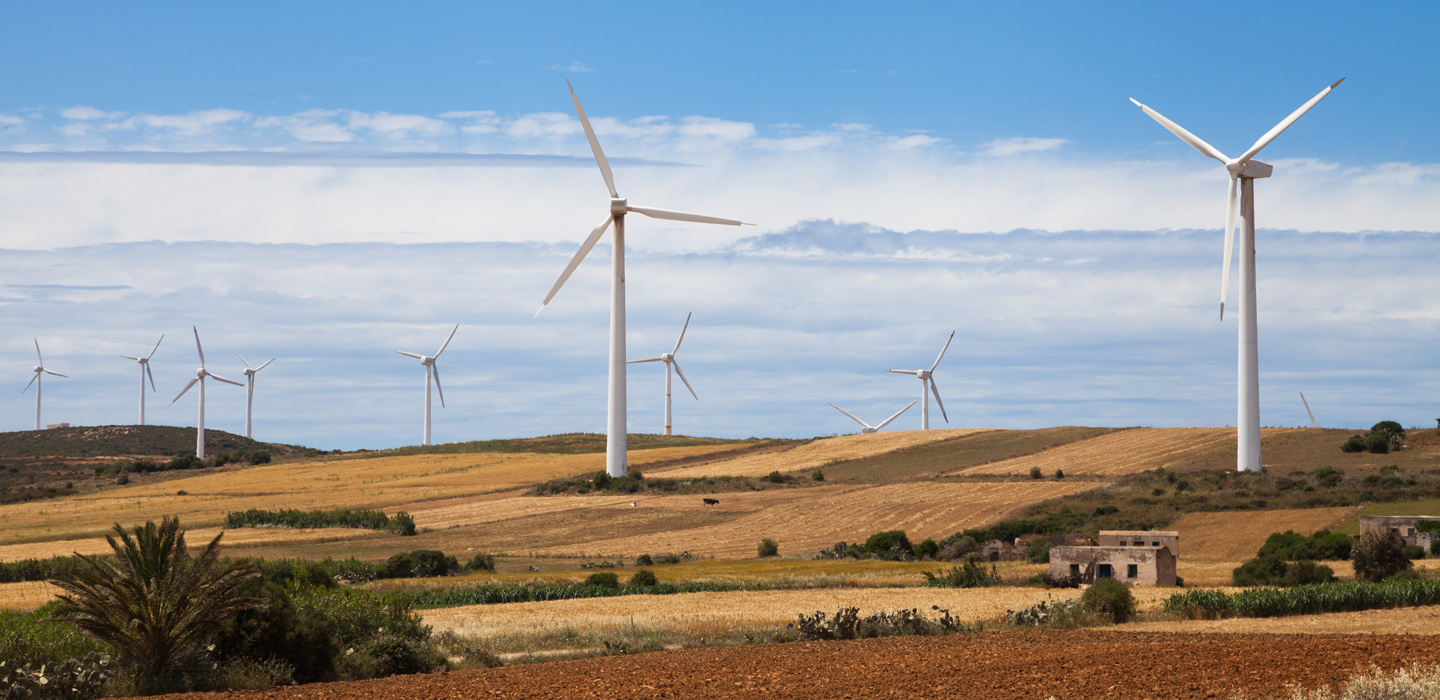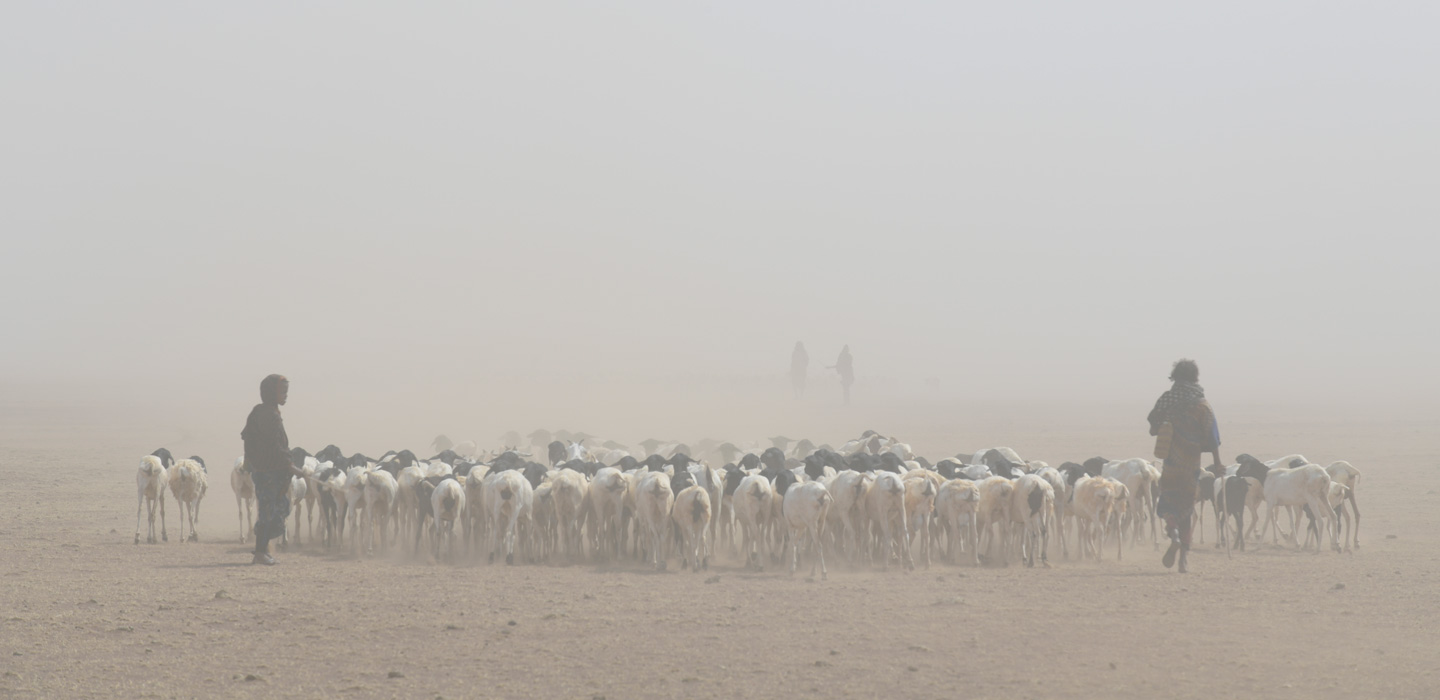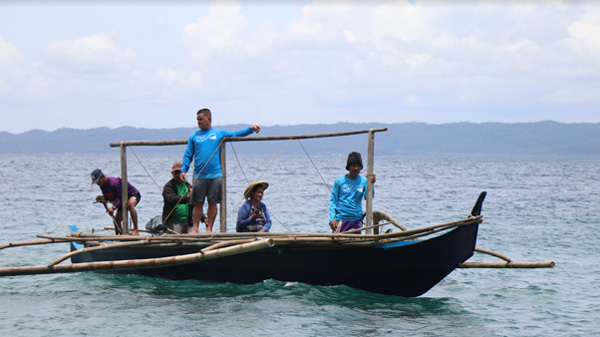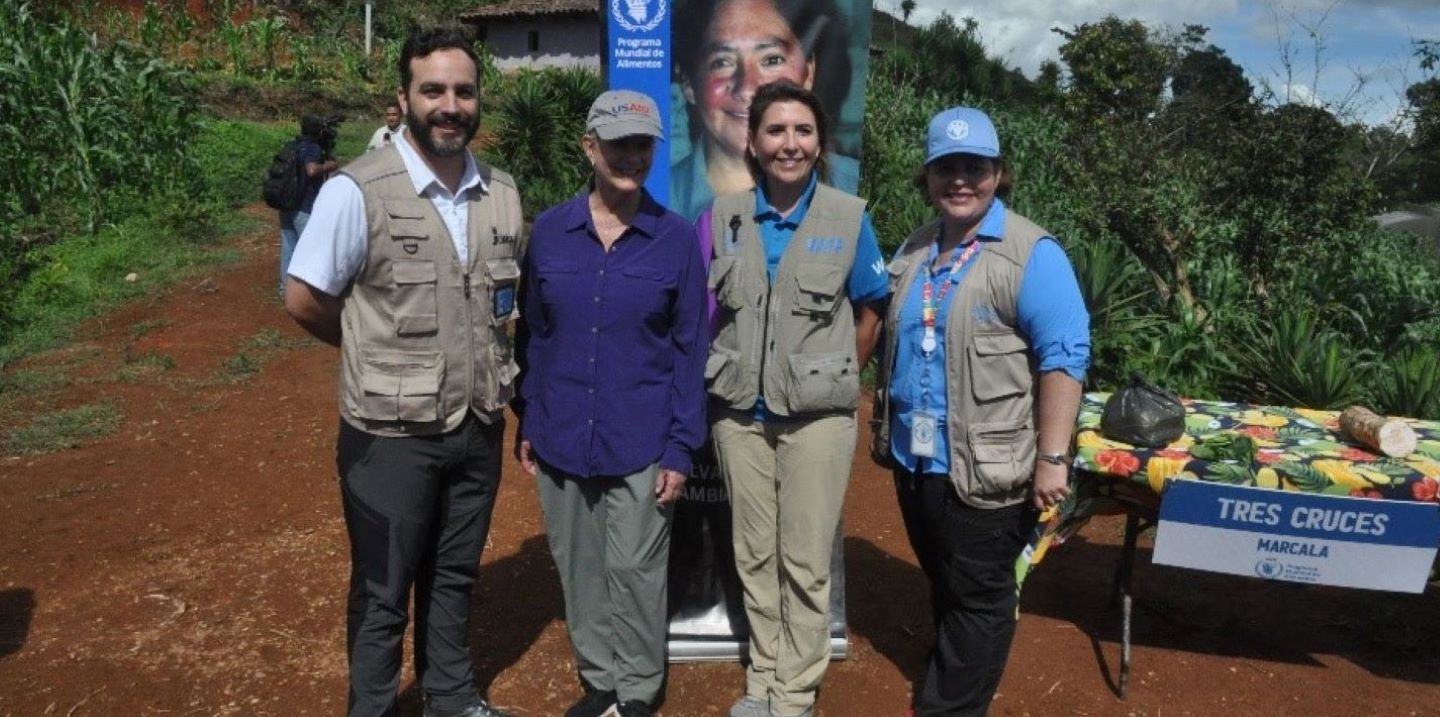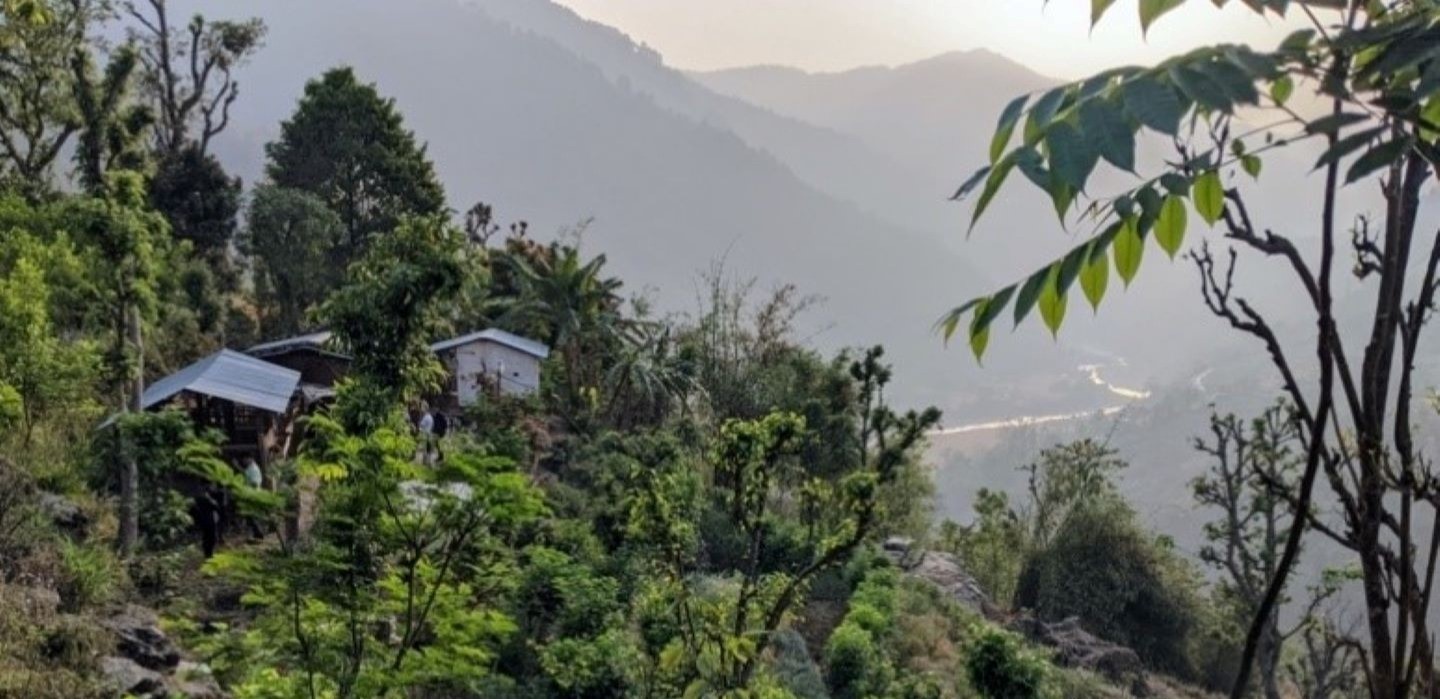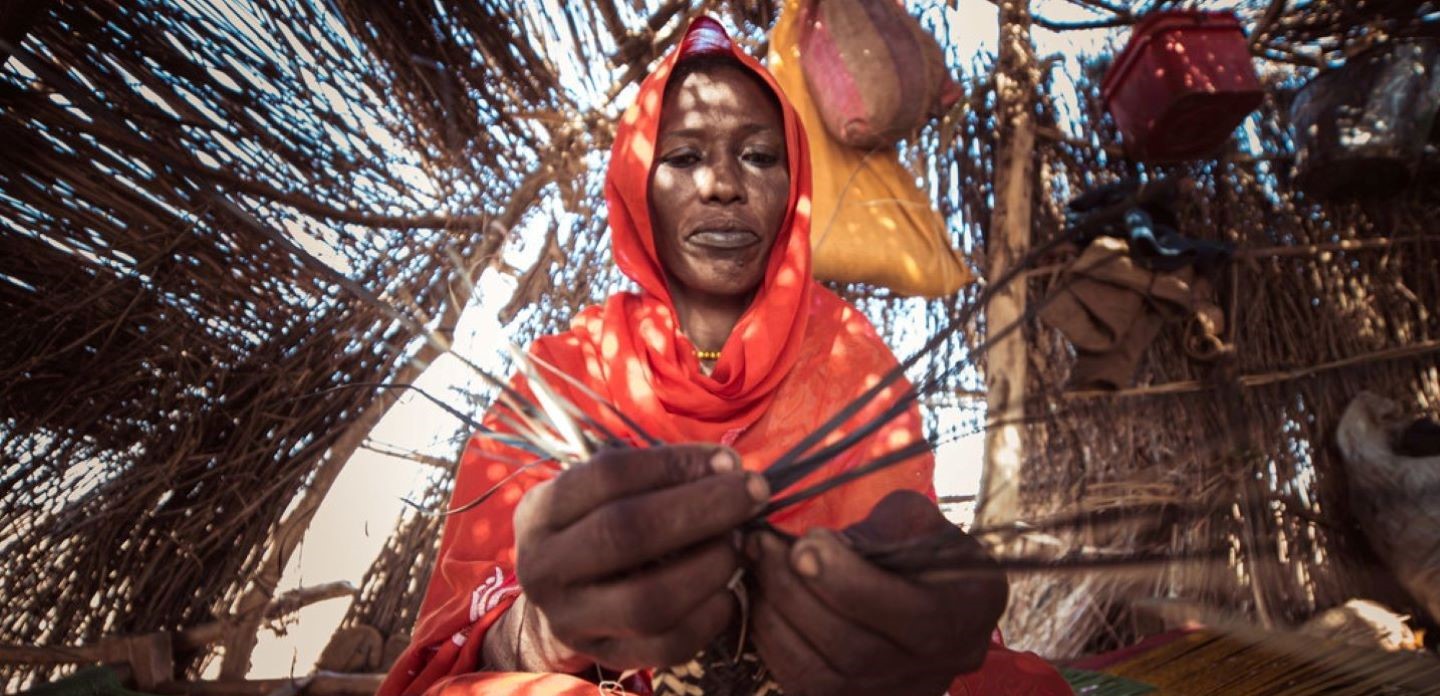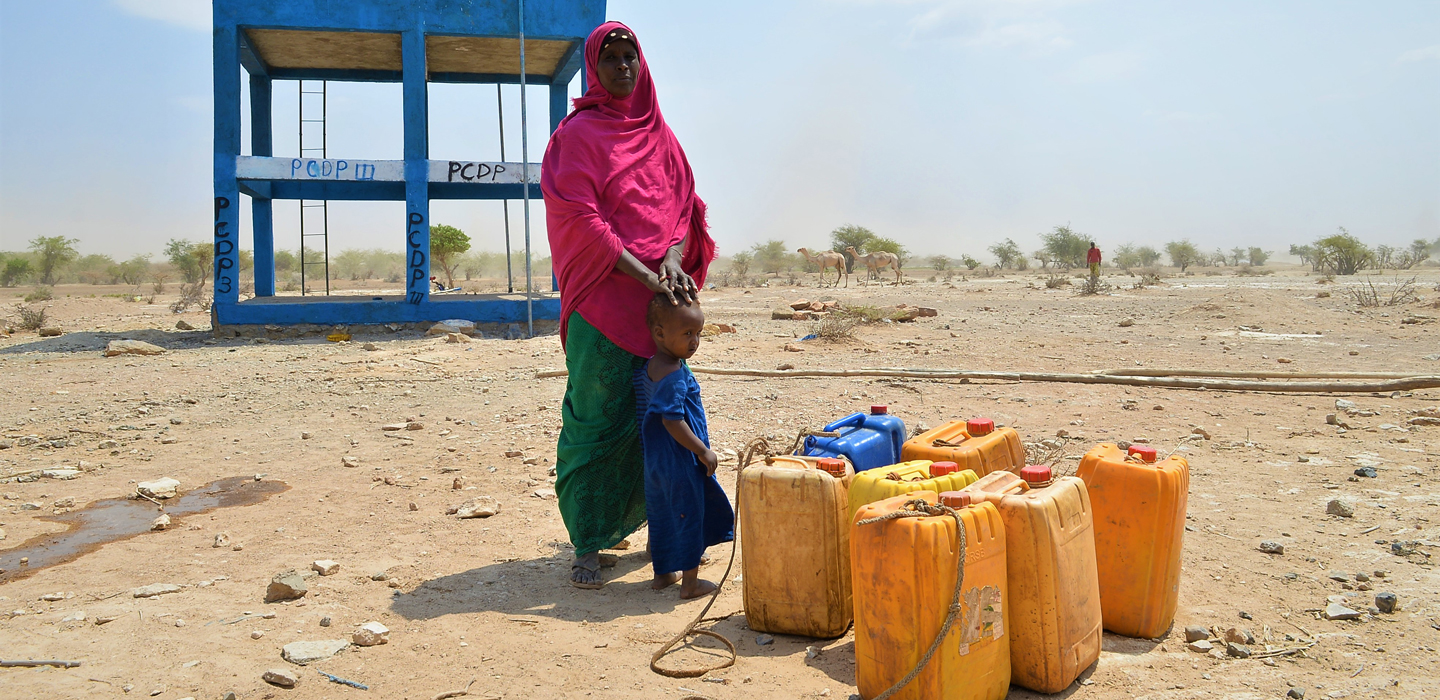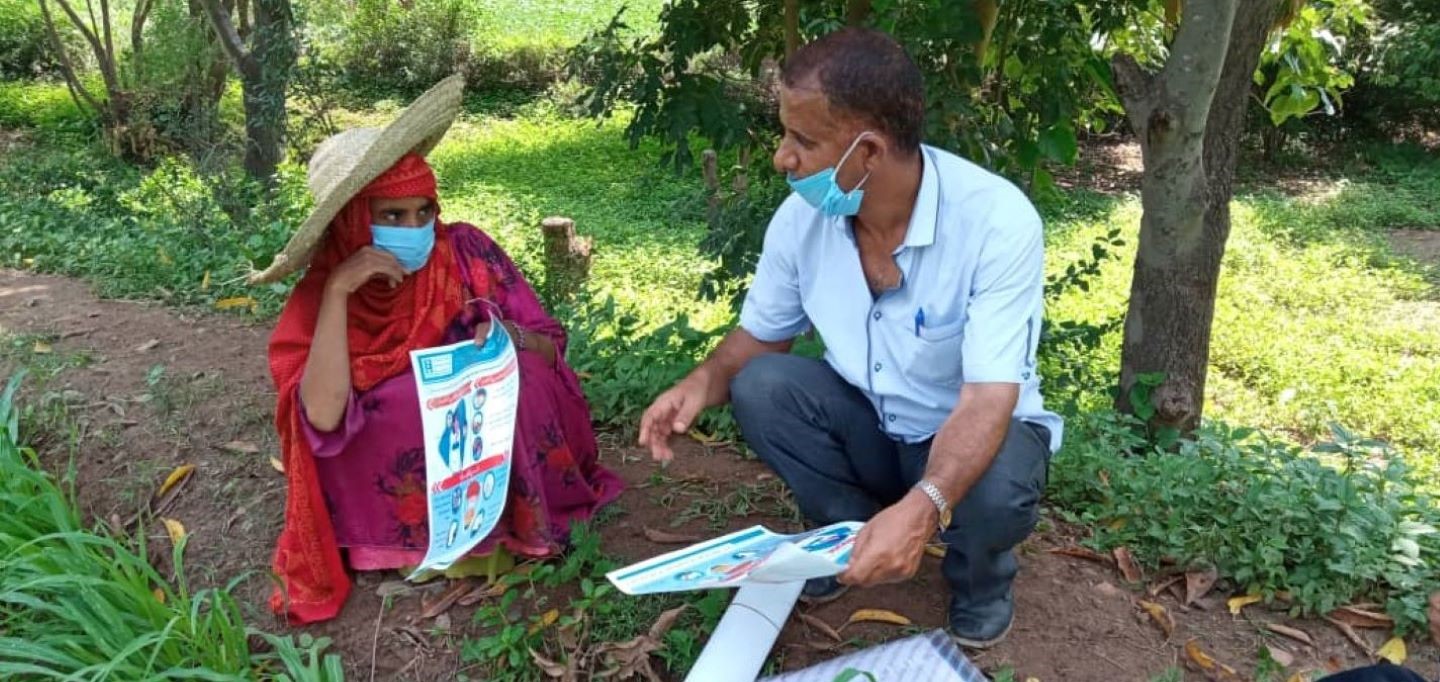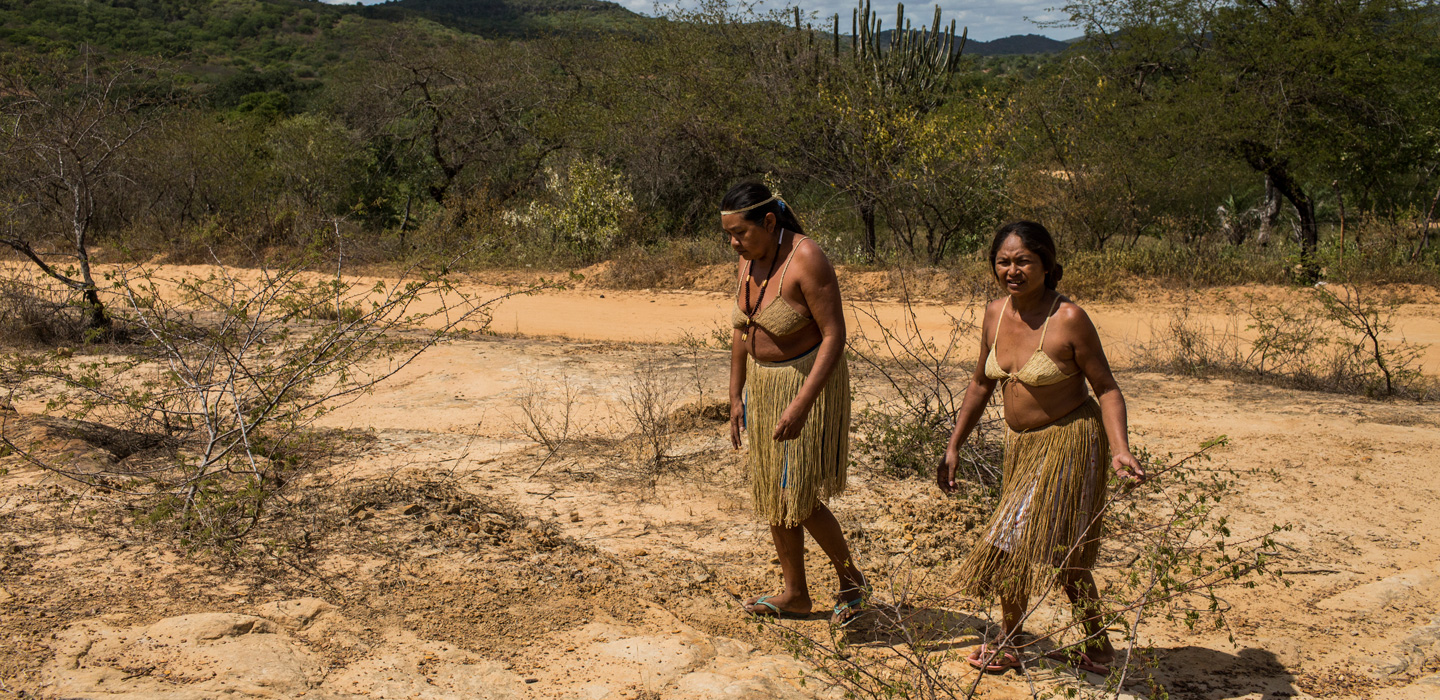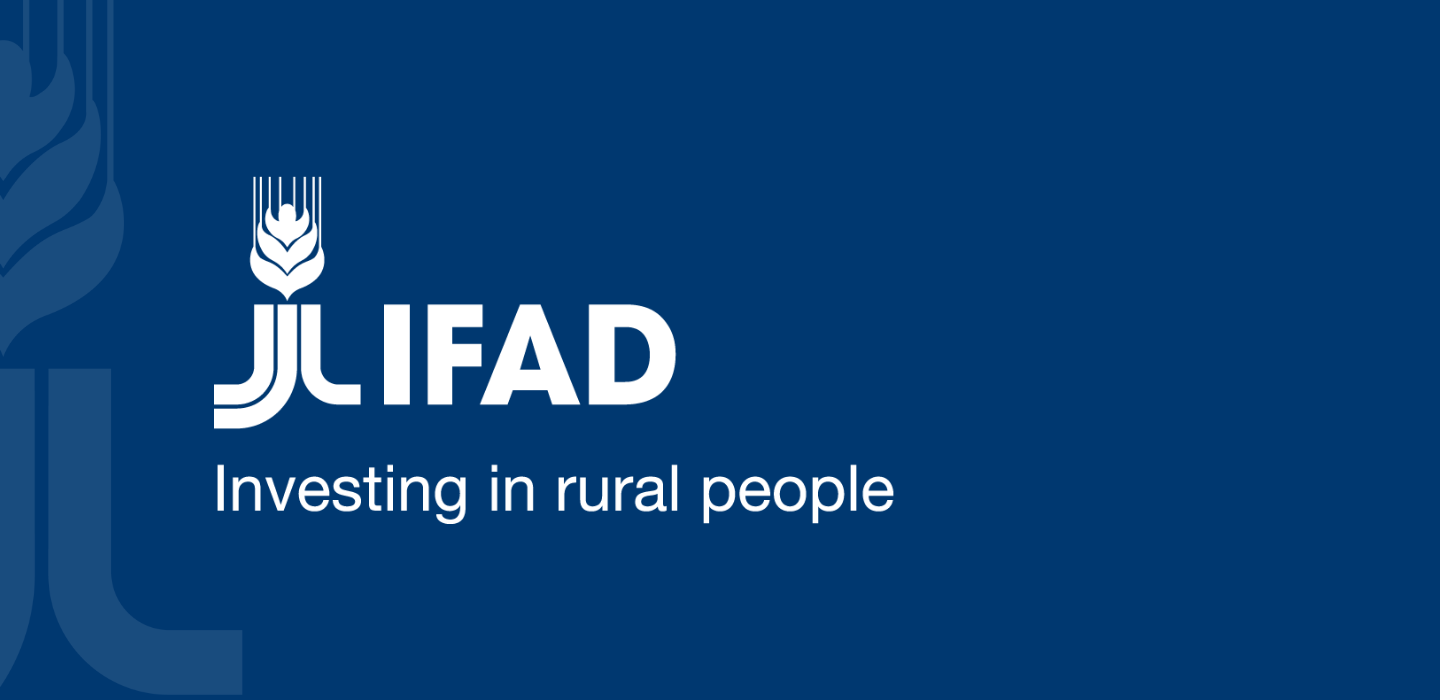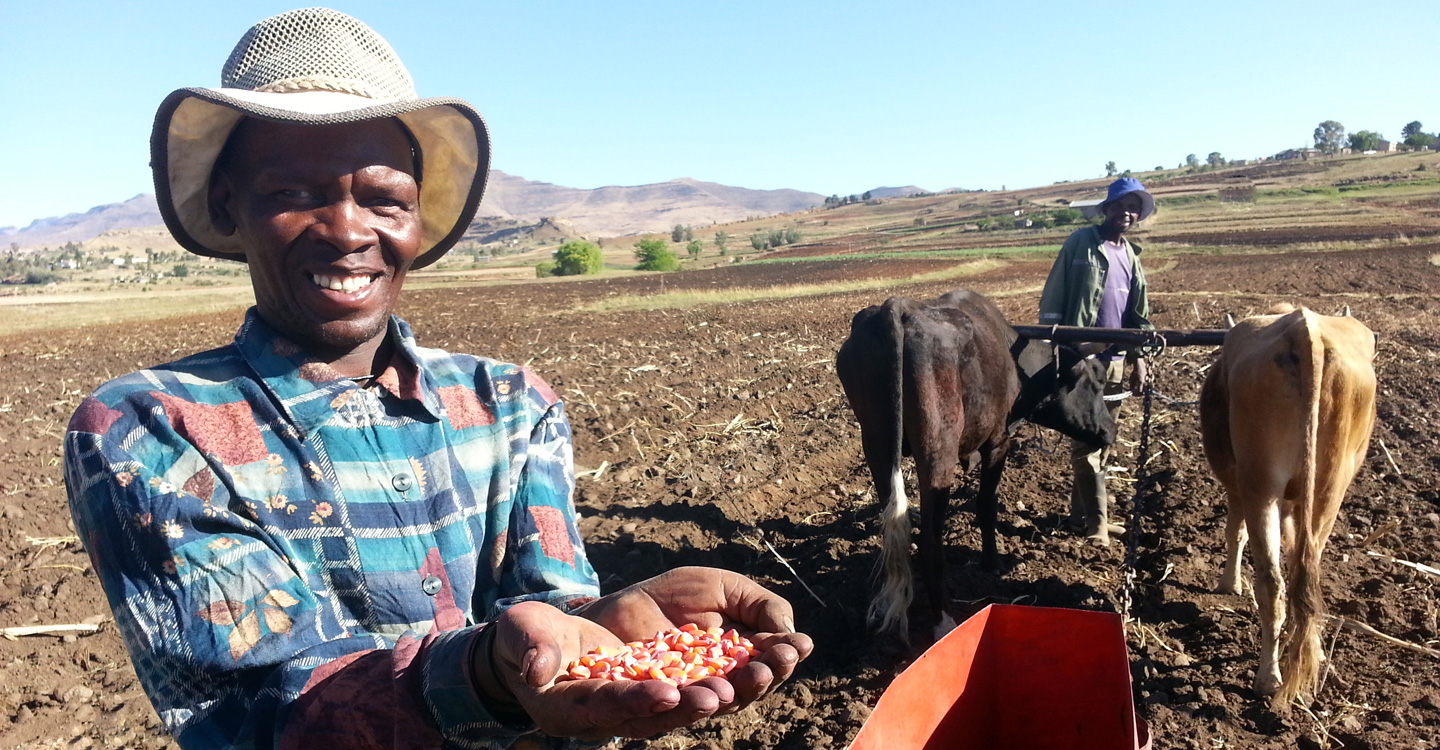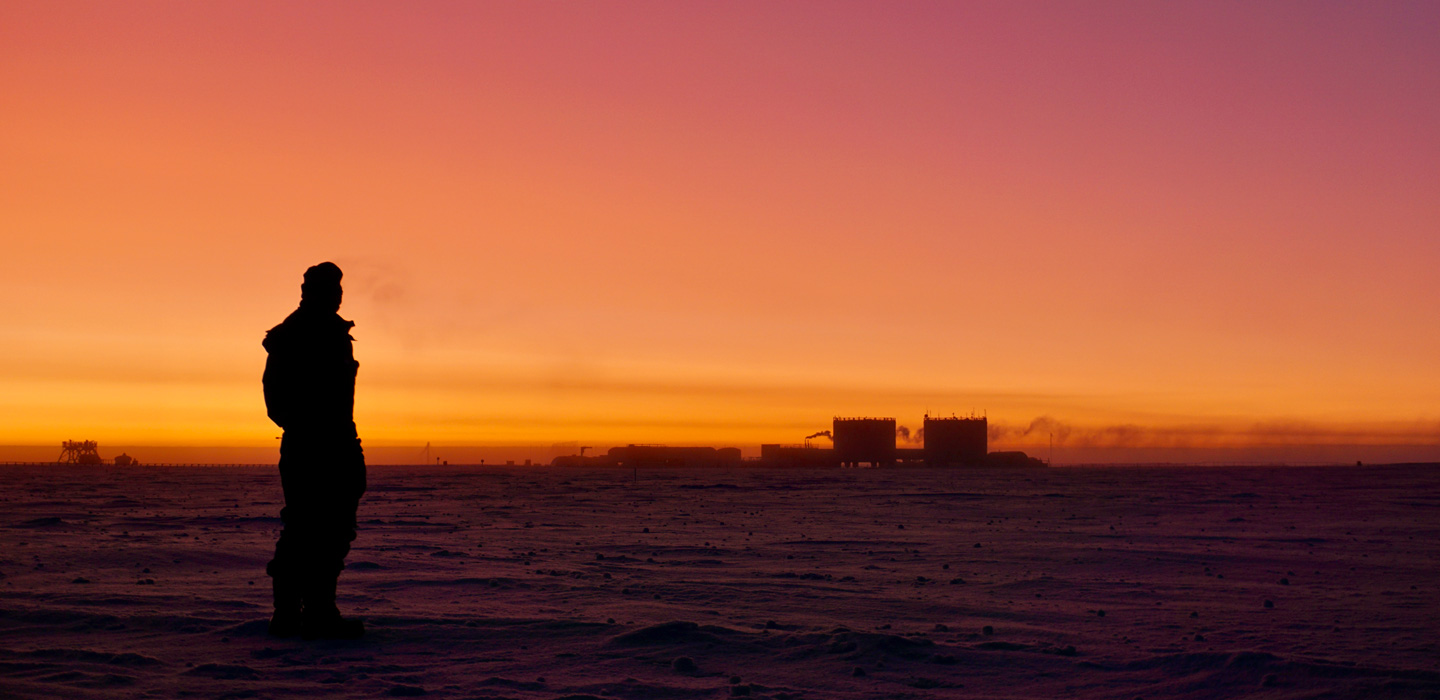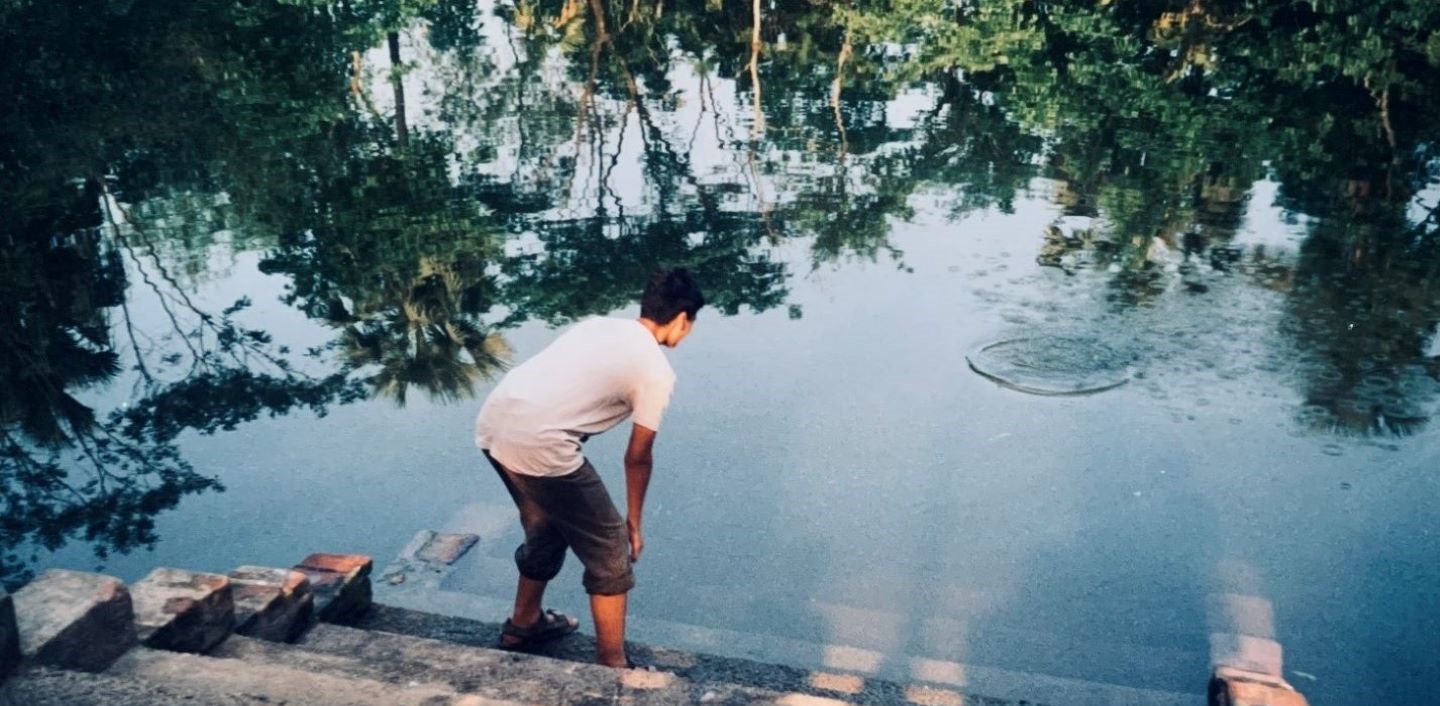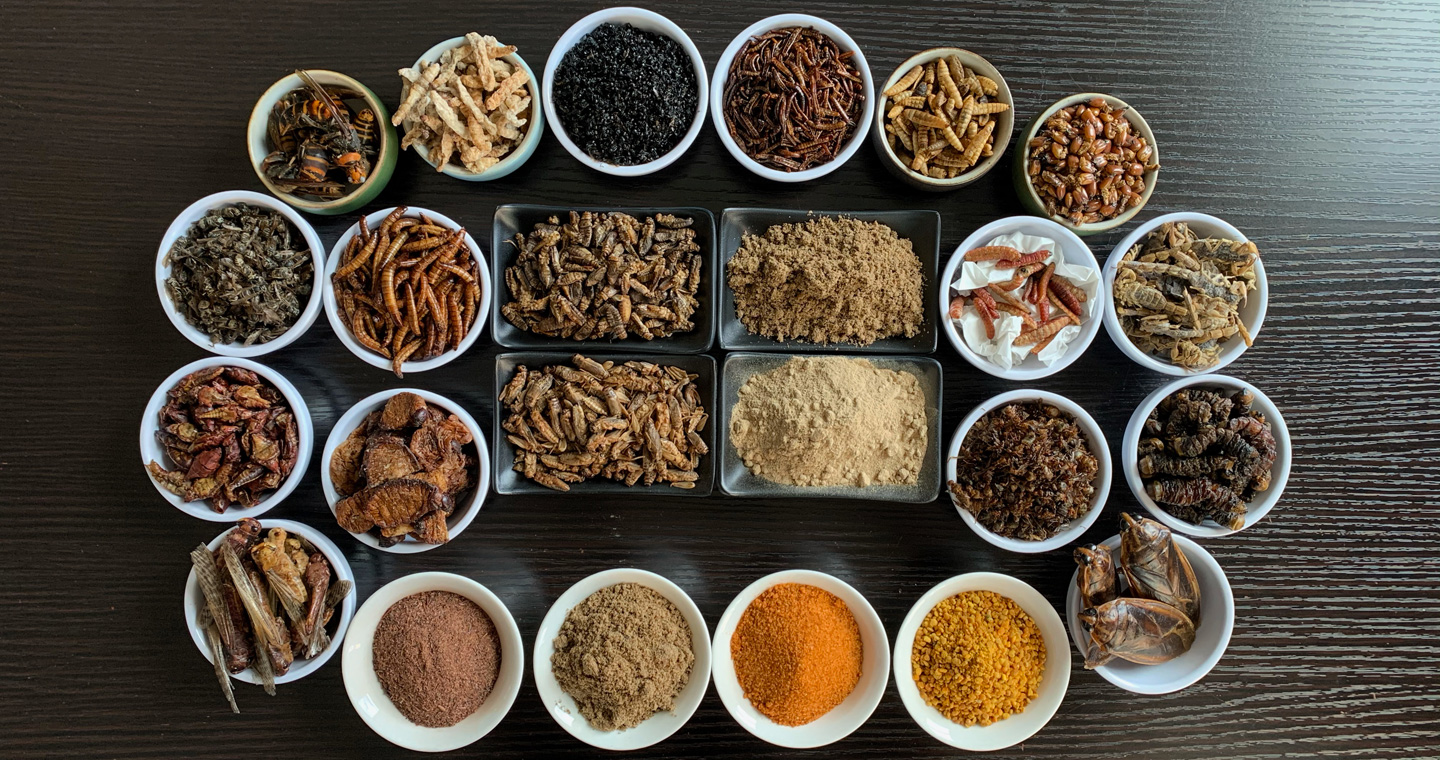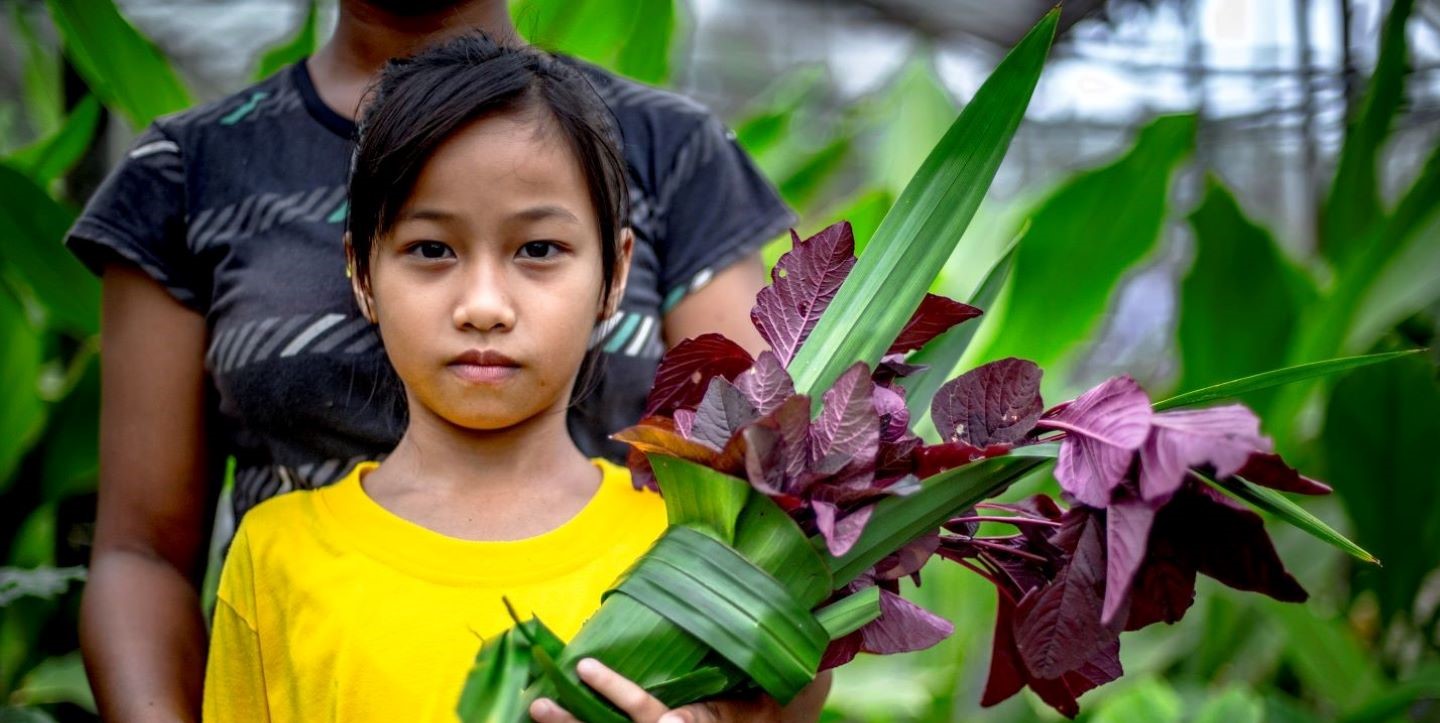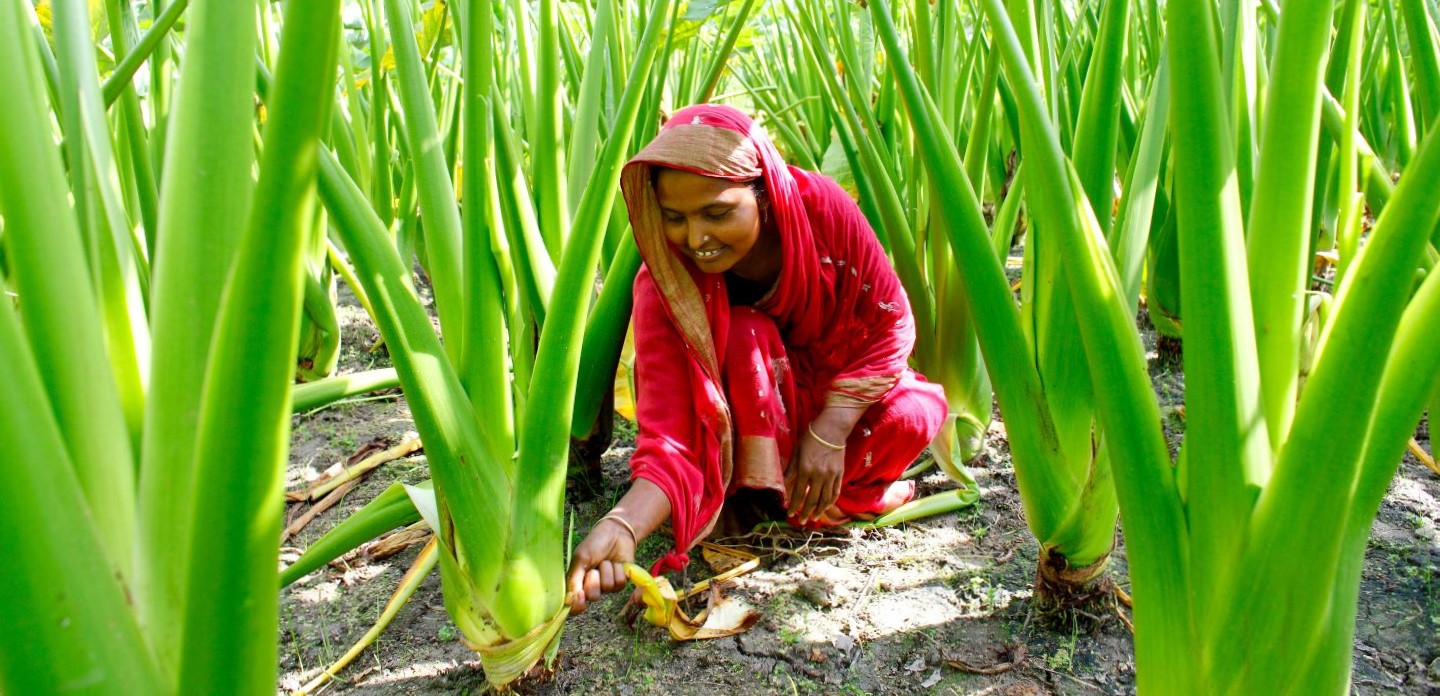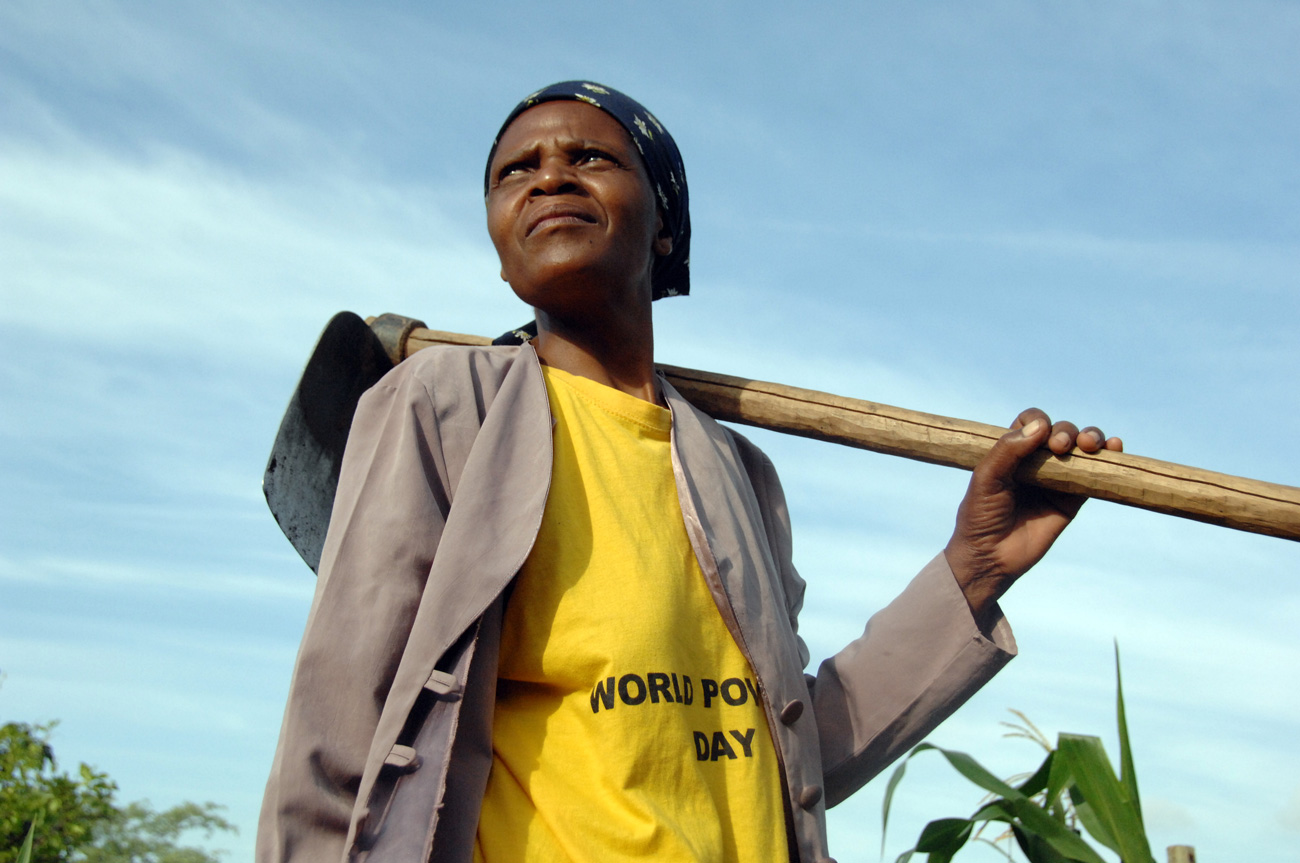Latest
Latest

Latest
Manual Submenu Topics
SearchResultsFilters
Search Results
Fighting Climate Change in South Asia – Episode 36
From chefs in India to fisheries in Maldives, we examine how the relationship between agriculture and climate change is affecting South Asia. We also reflect on 75 years of independence in India and Pakistan and learn about IFAD’s work in Bhutan and Maldives, and so much more in this bumper episode.
Hungry caterpillars threaten Kenya's crops. Can plants provide a natural pest control solution?
Kenyan farmers and their crops face a tiny but destructive threat: the fall armyworm. With climate change causing more infestations, push-pull technologies are a sustainable and affordable way of naturally controlling pest numbers. Find out how this simple but effective technology works.
“This is unprecedented”: IFAD’s Country Director in Pakistan reacts to the floods
Following months of incessant rain, nearly one third of Pakistan is underwater. Millions of people are affected, thousands have died, and agriculture is at risk. IFAD’s Country Director in Pakistan reflects on what is happening on the ground.
Racking up Renewables in Africa - Episode 35
With fossil fuels dwindling and access to energy already scarce in Africa, people are turning to renewable energy. In this month’s podcast, energy specialist, Dan Martin, explains how IFAD incorporates renewable energy into its projects, while a farmer tells us about the reality of renewable energies on the ground.
East Africa is experiencing its worst drought in decades. It’s time to invest in climate adaptation
East Africa is experiencing one of the worst droughts in decades, with millions facing food insecurity as crops fail, livestock die and water sources dry up. Read how IFAD is building resilience to climate change and what else needs to be done.
Women-led sea patrols in the Philippines are protecting livelihoods and the ocean
Coastal communities in the Philippines depend on the sea for sustenance, but these once thriving oceans are emptying due to climate change and harmful fishing practices. Local women are fighting back, protecting fisheries while using them sustainably.
Seeing change happen before our eyes in Guatemala and Honduras
On a recent trip to Guatemala and Honduras with the US Ambassador to the UN agencies based in Rome, IFAD Country Director, René Castro, explains how smallholder farmers are transforming rural communities despite the challenges of climate change.
See how permaculture transformed farmland in Nepal from barren to lush
When Megnath Ale Magar returned to his village in Nepal after a decade working abroad, he found a degraded land. In just three years, he transformed his barren farmland into a lush ecosystem using a permaculture approach.
From subsistence to self-sufficiency: how women in Sudan are using savings and credit groups to build a better future
Climate change, commercial agribusiness, and societal norms threaten small-scale farmers’ way of life in a small village in Sudan. A women’s savings and credit group is changing this.
Building Resilience in a Time of Famine – Episode 33
20 million people in the Horn of Africa are at risk of starvation, largely due to a four-year drought making the region the driest it’s been in forty years. Dr Joseph Awange and IFAD’s Satu Santala discuss the root causes of famine and the solutions we can put in place.
Against the backdrop of conflict and COVID-19, IFAD is helping farmers grow in Yemen
Years of conflict in Yemen have taken their toll – and among all of the devastation that’s been wrought, the country’s agricultural sector is one of the hardest hit. Now, an IFAD-supported initiative is helping Yemeni farmers get back on their feet.
Brazil’s semi-arid region is full of life
Brazil’s north-eastern semi-arid region, known as sertão, is a land rich in culture and enchanting landscapes, but the harsh climate and lack of water make it difficult to earn a living here. However, over recent decades, modern ingenuity has combined with traditional mutual aid systems to help communities make the most of the region’s natural resources.
IFAD and Government of Uttarakhand partner to double rural incomes and build climate resilience in the state
IFAD and the Government of India signed a US$ 105 million financing agreement last week for a project in the northern state of Uttarakhand that aims to double rural incomes, reaching over half a million families across the state. It will do this by supporting smallholder farmers, agricultural labourers, and micro and small agribusinesses to start and expand competitive businesses and focus on food production that is climate-resilient.
More climate finance in support of small-scale farmers is urgently needed, warns IFAD at Stockholm+50
Boosting investments to help small-scale farmers adapt to the impacts of the climate crisis is more urgent than ever, warned IFAD at the United Nations Conference Stockholm+50.
It’s been 50 years since the first Stockholm Conference. What have leaders done to protect our planet since?
In June 1972, members of the United Nations gathered in Stockholm for the first-ever conference on protecting the environment. Fifty years later, global leaders are returning to where it all began to decide where we go from here.
The people of Bangladesh are resilient, but without urgent climate action, the future of this fascinating country is uncertain
Journalist and documentary maker Qasa Alom recently visited Bangladesh with IFAD. He reflects on how climate change is affecting its people and what IFAD is doing to support them.
Insects to Feed the World – Episode 32
This month's episode focuses on the use of insects to feed the world – both as food for humans and feed for livestock.
Our planet is losing its biodiversity. Here are five ways IFAD and rural people are protecting it
Biodiversity is the key to all the essential benefits we get from nature: from clean air to our ability to regulate the climate. At IFAD, we integrate protecting biodiversity into everything we do.
How farmers around the world are protecting nature’s delicate balance – and reaping the rewards
Healthy ecosystems are diverse ecosystems. And at IFAD, we believe that small-scale farmers are amongst the greatest stewards and beneficiaries of biodiversity.
As COP15 tackles desertification, here are three ways IFAD is helping farmers in sub-Saharan Africa build their resilience to climate change
Sub-Saharan Africa’s drylands – that is, the areas where more water is lost through evaporation than gained through rainfall – are facing widespread degradation. There are many factors causing this, but one of the most prominent is the use of agricultural practices that aren’t adapted to the land, such as overgrazing and intensive agriculture.
